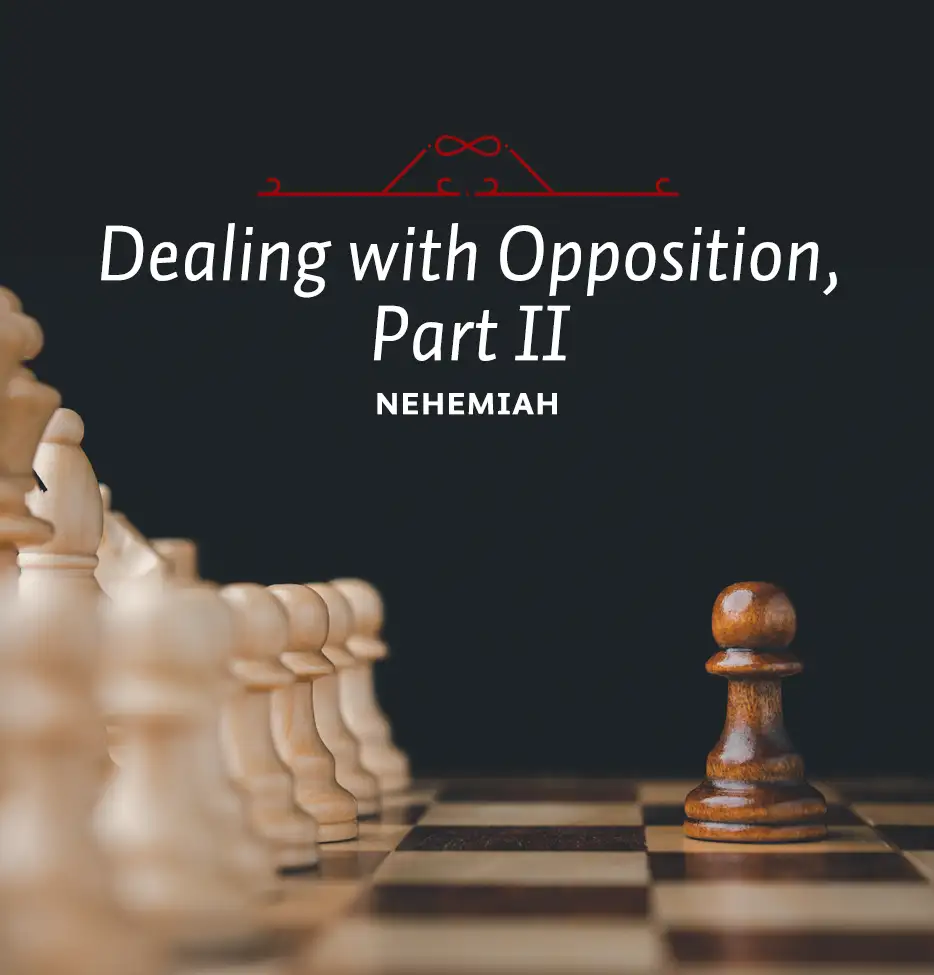How is a leader to deal with injustices, such as that which occurs when the rich mistreat the poor, particularly when they are practiced by the influential against the uninfluential? How can a person confront evil when the strong have the law on their side, as they usually do? The first thing Nehemiah tells us is that he got angry about these injustices. In fact, he got very angry. “When I heard their outcry and these charges, I was very angry,” he says (v. 6).
There is a great difference between righteous and unrighteous anger, and we are frequently angry only in the second sense, only when something is offensive to us personally. But while we need to be warned against such anger, we also need urging to be angry when righteous anger is appropriate. Nehemiah was angry. The exploitation of Jews by Jews was not right, and he was angry enough to oppose it.
As Nehemiah “pondered” this problem rather than acting precipitously, he chose a response-path in which he confronted the offenders privately. He reports this briefly: “I told them, ‘You are exacting usury from your own countrymen’” (v. 7). We can assume that in doing this Nehemiah amplified his charge by showing that what they were doing was against the Old Testament. He would have pointed to passages like Exodus 22:25; Leviticus 25:33-37, 39-41; and Deuteronomy 23:19.
According to these verses, Jews were not to exploit their countrymen. They could loan money to outsiders at going rates, but Jews were their own people and they were not to take advantage of them in any way. Moreover, if a Jew fell into slavery, free Jews were to do everything possible to redeem him and have him set free. Nehemiah refers to this obligation later.
What Nehemiah was doing in this private confrontation with the wealthy was following the first (and possibly the second) principle for dealing with sin among brothers, which Jesus spelled out in Matthew 18. “If your brother sins against you, go and show him his fault, just between the two of you. If he listens to you, you have won your brother over. But if he will not listen, take one or two others along, so that every matter may be established by the testimony of two or three witnesses” (vv. 15-16). We do not know whether Nehemiah had witnesses along for this first one-on-one meeting with the offending nobles and officials. But he was following this general procedure. Before he made things public, Nehemiah was trying to resolve the problem privately.
Did he succeed? Apparently not. There was no response from the nobles. They seem merely to have dug in their heels and said nothing, as people in the wrong often do. Nehemiah moved to a public confrontation.






